COVID-19
Nanoparticles and supercomputers against SARS-CoV-2
The research group at the UPC, led by the IBEC Associated Researcher Carlos Aleman, will investigate in collaboration with the company B. Braun, the detection, blocking and elimination of the SARS-CoV-2 virus by using functionalized nanoparticles and activation of nano-sources of heat.
To carry out the investigation, they will be allowed to use the supercomputer installed in France.
IBEC receives a visit from the Mayor of Barcelona interested in our research against Covid19
 The Mayor of Barcelona, Ada Colau, visited IBEC facilities last Friday to learn, by our Director and a group of researchers, how bioengineering can help find solutions to health problems such as COVID19, cancer, or degenerative diseases.
The Mayor of Barcelona, Ada Colau, visited IBEC facilities last Friday to learn, by our Director and a group of researchers, how bioengineering can help find solutions to health problems such as COVID19, cancer, or degenerative diseases.
When in early 2020, more than 200 scientists gathered in La Pedrera in Barcelona to discuss the present and future of bioengineering, no one imagined that the world would experience the first pandemic of the 21st century and that science would take on more importance than ever.
IBEC receives funding from Carlos III Health Institute to fight COVID-19 using bioengineering
The COVID-19 Fund managed by the Carlos III Health Institute has awarded more than 300,000 euros to the “ACE2-ORG” project led by ICREA research professor Núria Montserrat at IBEC.
The resources are intended to study COVID-19 and specify new therapeutic approaches against the SARS-CoV-2 coronavirus, the Karolinska Institute in Sweden, the Institute of Molecular Biotechnology of the Austrian Academy of Sciences, the Hospital Clínic de Barcelona and the University of Navarra also participate in this project.A low-cost ventilator for areas with limited means
 A project led by the University of Barcelona to which IBEC Group Leader Daniel Navajas has contributed has created a non-invasive low-cost ventilator to support patients with respiratory diseases in areas with limited means.
A project led by the University of Barcelona to which IBEC Group Leader Daniel Navajas has contributed has created a non-invasive low-cost ventilator to support patients with respiratory diseases in areas with limited means.
Non-invasive ventilators are usually used to treat patients with respiratory failure: for example, those with severe complications due to COVID-19.
Núria Montserrat in a feature article at the ERC’s covid-19 section: Stopping coronavirus at the gate
ERC grantee Nuria Montserrat and her team create tiny kidneys which are proving to be key in the search for coronavirus drugs. The researcher is working with other international researchers and found that a trial drug could block early stages of COVID19. The ERC has created a section which is updated with the latest news about the ERC-funded research in coronavirus.
The research with organoids against COVID19 reaches the international press
One of the most prestigious German newspapers, the Süddeutsche Zeitung echoes the work of Núria Montserrat and her international partners who are investigating with organoids a drug that blocks the entrance door of Covid19.
Catalan research labs repurposed for mass COVID-19 testing service
 Laboratories in three Catalan research centers, including IBEC, will be adapted as Covid-19 mass detection services.
Laboratories in three Catalan research centers, including IBEC, will be adapted as Covid-19 mass detection services.
The Centre for Genomic Regulation (CRG) is coordinating a task force with the Institute for Research in Biomedicine (IRB Barcelona) and the Institute for Bioengineering of Catalonia (IBEC), as requested by the Generalitat de Catalunya, to set up mass testing for citizens to stop the spread of the new coronavirus outbreak.
Mini-kidneys to test a drug to stop Covid-19
 Nuria Montserrat, principal investigator of the “Pluripotency for organ regeneration” and her group have participated in an international study to find a treatment to stop the virus from continuing infecting other cells, preventing the virus from replicating.
Nuria Montserrat, principal investigator of the “Pluripotency for organ regeneration” and her group have participated in an international study to find a treatment to stop the virus from continuing infecting other cells, preventing the virus from replicating.
Researchers at IBEC help identifying a drug in clinical phase that blocks the effects of SARS-Co-V2
 IBEC researchers led by ICREA Research Professor Núria Montserrat, together with international collaborators, have identified a drug capable of blocking the effects of the SARS-Co-V2 virus, the origin of the Coronavirus 2019 disease.
IBEC researchers led by ICREA Research Professor Núria Montserrat, together with international collaborators, have identified a drug capable of blocking the effects of the SARS-Co-V2 virus, the origin of the Coronavirus 2019 disease.
The treatment, which can be tested on two hundred Covid-19 patients as of today, has proven effective in mini-kidneys generated from human stem cells. Using hese organoids generated by bioengineering techniques, it has been deciphered how SARS-Co-V2 interacts and infects human kidney cells.

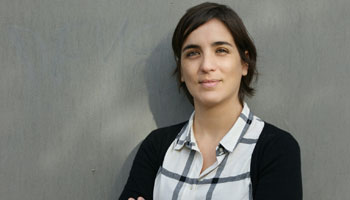
 Researchers at the Institute of Bioengineering of Catalonia (IBEC) led by Núria Montserrat have found in vitro that diabetes is a disease that accelerates Covid-19. In the lab, they have also created mini-hearts to study the heart problems caused by Covid-19.
Researchers at the Institute of Bioengineering of Catalonia (IBEC) led by Núria Montserrat have found in vitro that diabetes is a disease that accelerates Covid-19. In the lab, they have also created mini-hearts to study the heart problems caused by Covid-19.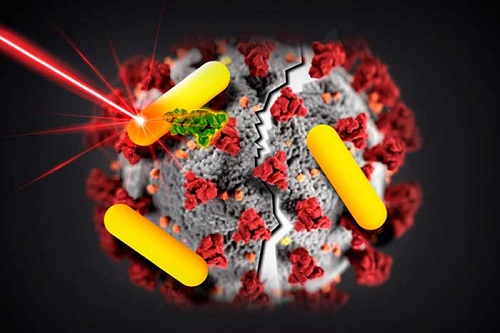
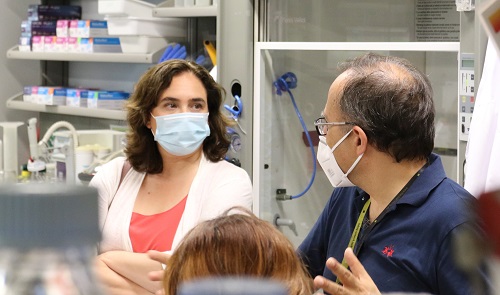
 The Mayor of Barcelona, Ada Colau, visited IBEC facilities last Friday to learn, by our Director and a group of researchers, how bioengineering can help find solutions to health problems such as COVID19, cancer, or degenerative diseases.
The Mayor of Barcelona, Ada Colau, visited IBEC facilities last Friday to learn, by our Director and a group of researchers, how bioengineering can help find solutions to health problems such as COVID19, cancer, or degenerative diseases.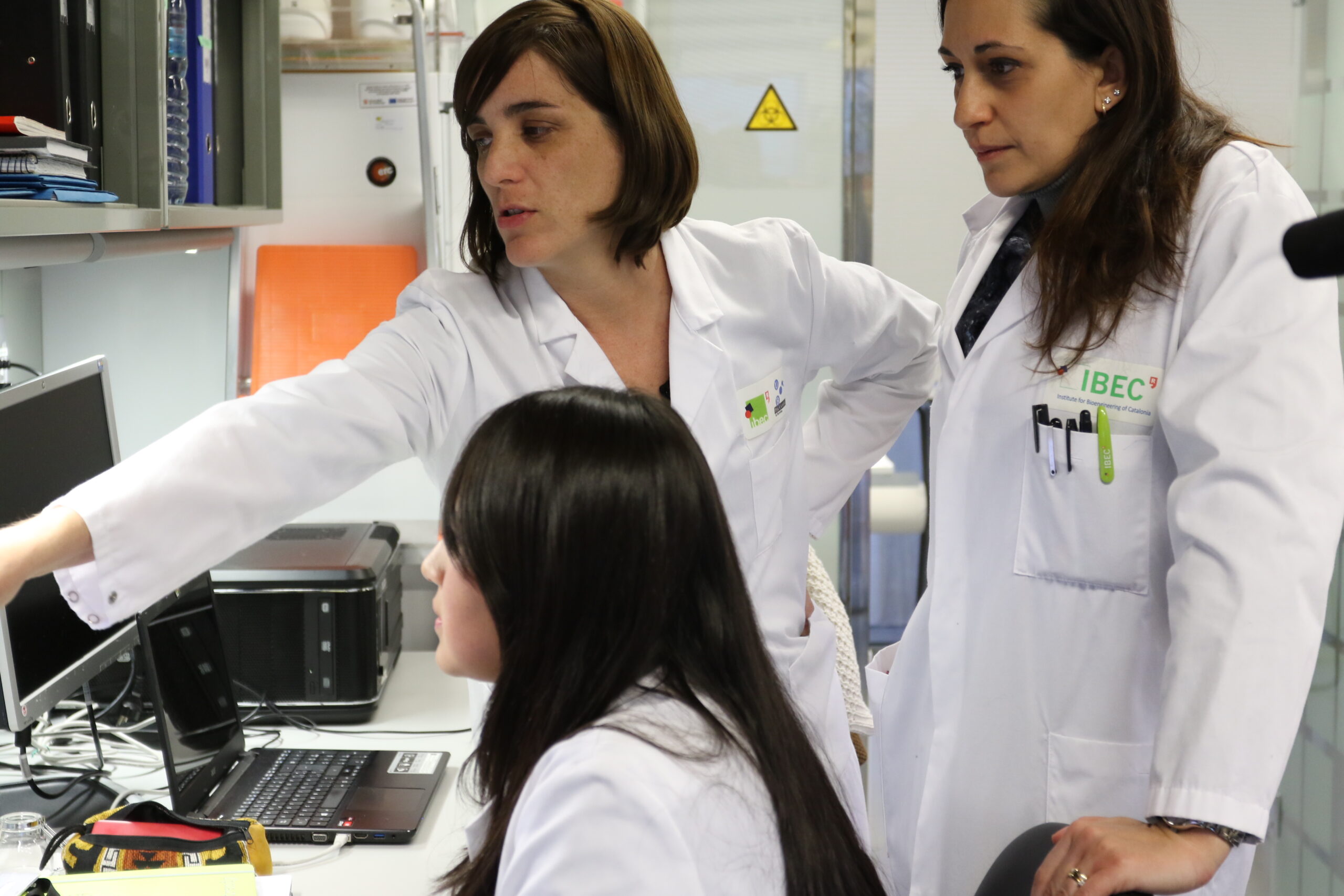
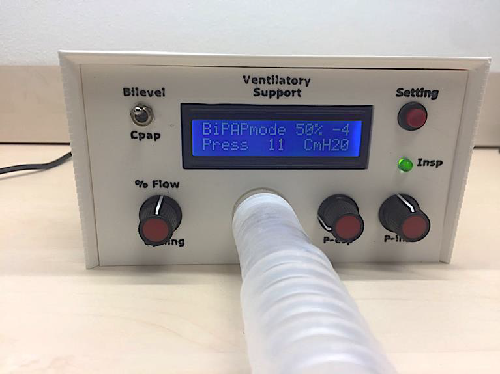
 A project led by the University of Barcelona to which IBEC Group Leader Daniel Navajas has contributed has created a non-invasive low-cost ventilator to support patients with respiratory diseases in areas with limited means.
A project led by the University of Barcelona to which IBEC Group Leader Daniel Navajas has contributed has created a non-invasive low-cost ventilator to support patients with respiratory diseases in areas with limited means.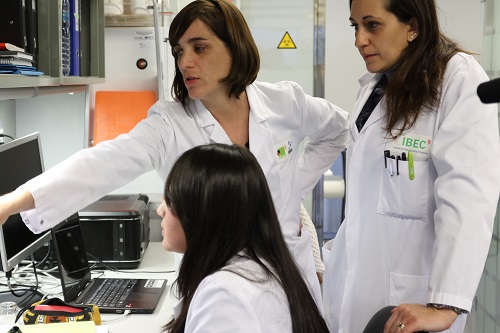
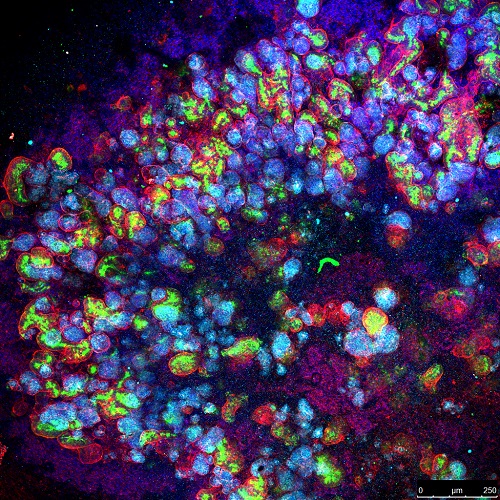
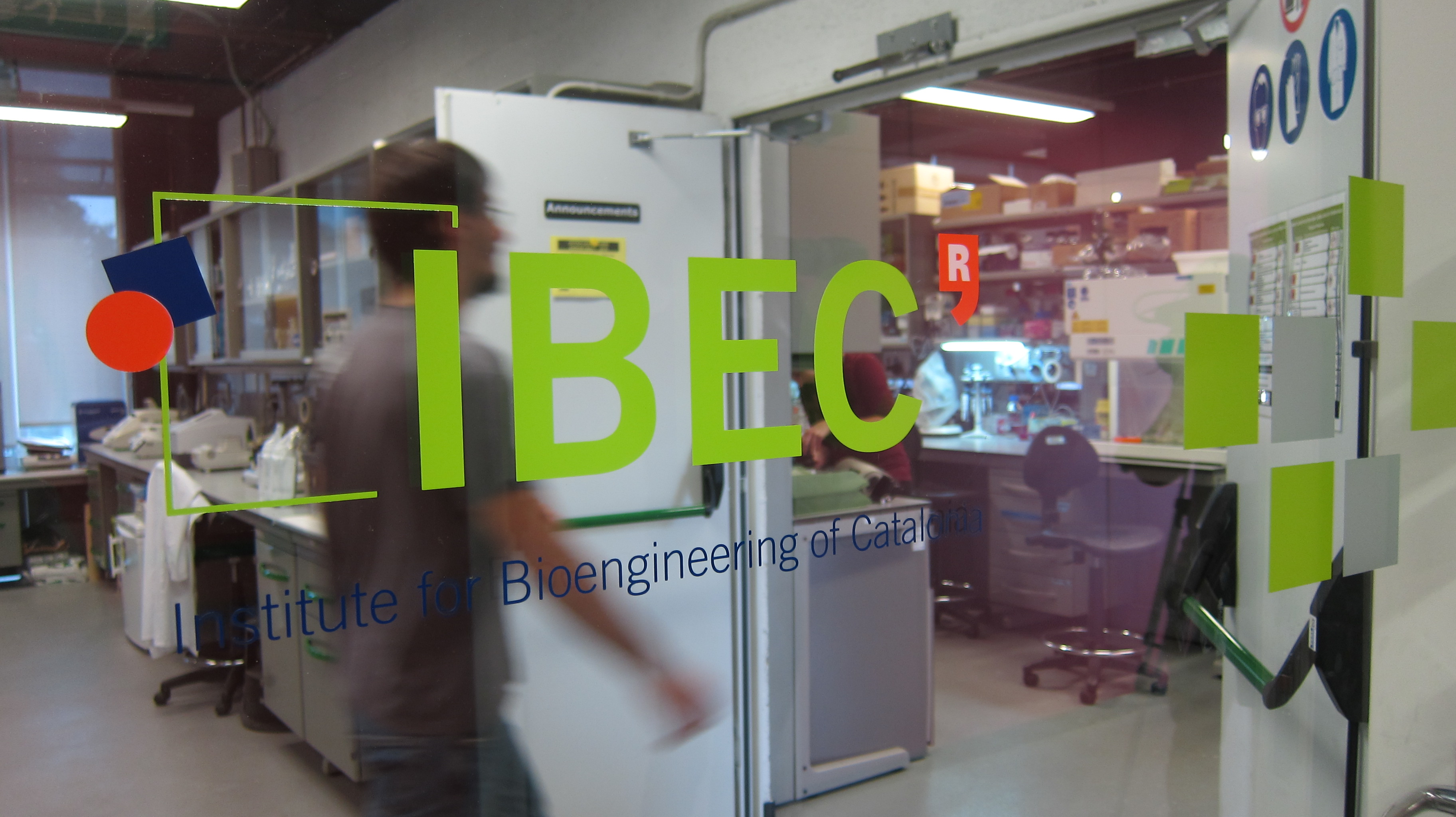
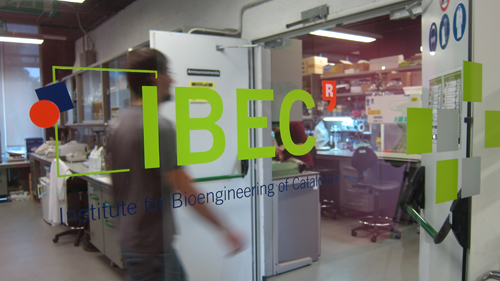 Laboratories in three Catalan research centers, including IBEC, will be adapted as Covid-19 mass detection services.
Laboratories in three Catalan research centers, including IBEC, will be adapted as Covid-19 mass detection services. 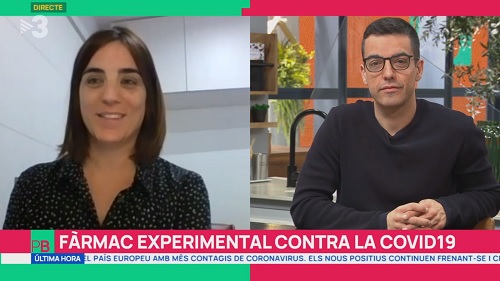
 Nuria Montserrat, principal investigator of the “Pluripotency for organ regeneration” and her group have participated in an international study to find a treatment to stop the virus from continuing infecting other cells, preventing the virus from replicating.
Nuria Montserrat, principal investigator of the “Pluripotency for organ regeneration” and her group have participated in an international study to find a treatment to stop the virus from continuing infecting other cells, preventing the virus from replicating. IBEC researchers led by ICREA Research Professor Núria Montserrat, together with international collaborators, have identified a drug capable of blocking the effects of the SARS-Co-V2 virus, the origin of the Coronavirus 2019 disease.
IBEC researchers led by ICREA Research Professor Núria Montserrat, together with international collaborators, have identified a drug capable of blocking the effects of the SARS-Co-V2 virus, the origin of the Coronavirus 2019 disease.